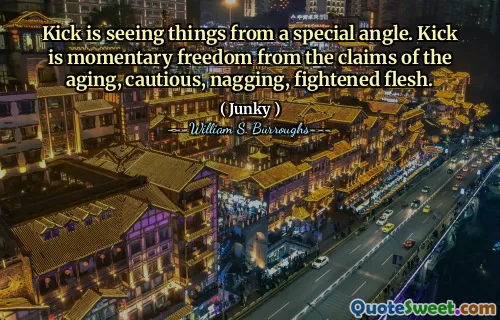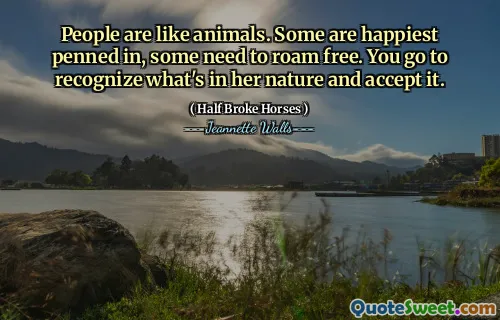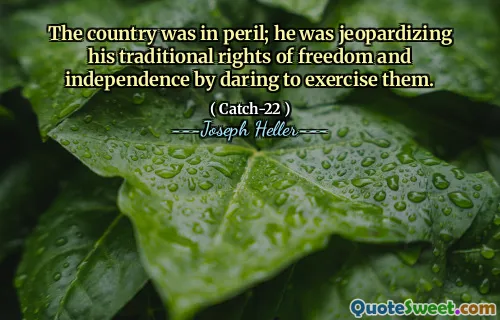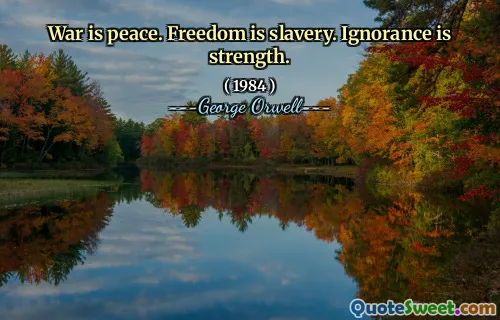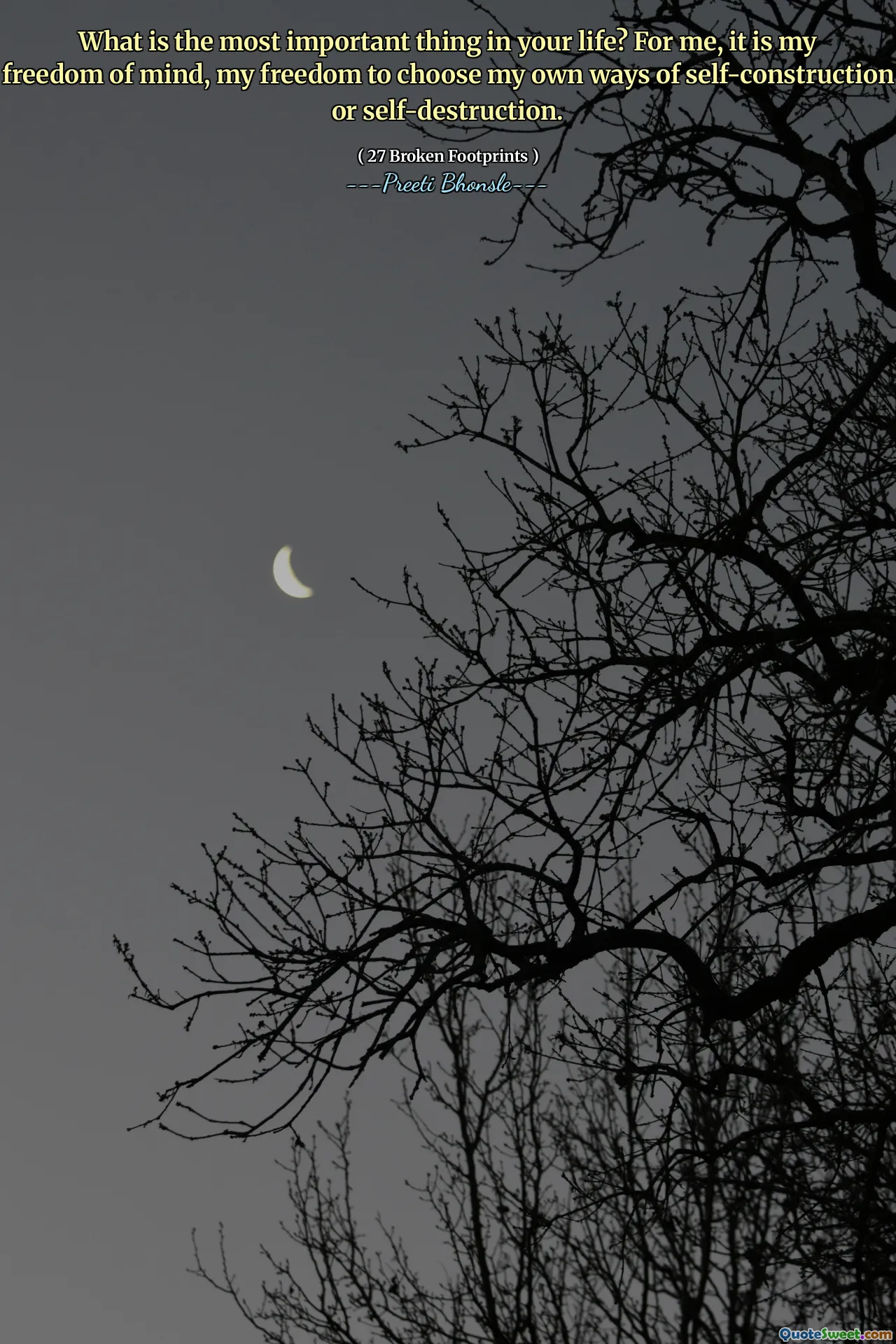
What is the most important thing in your life? For me, it is my freedom of mind, my freedom to choose my own ways of self-construction or self-destruction.
The quote underscores the profound significance of mental freedom as the cornerstone of human existence. It emphasizes that the ability to think independently, make choices, and shape one's path—be it towards growth or self-destructive tendencies—is central to personal sovereignty. This perspective aligns with philosophical ideals that prioritize individual autonomy and the intrinsic right to steer one's destiny. The notion that self-construction and self-destruction are equally accessible options highlights the power and responsibility inherent in our choices. It serves as a reminder that freedom of mind isn't merely about external liberties but also about internal sovereignty—the capacity to reflect, decide, and act according to personal values and desires. In a world increasingly influenced by external pressures, societal expectations, and technological distractions, maintaining mental freedom is both challenging and essential. True independence of thought grants us resilience against manipulation and superficial influences, fostering authentic self-expression and fulfillment. Moreover, recognizing the weight of this freedom motivates individuals to cultivate mindfulness, self-awareness, and accountability for their choices. Ultimately, valuing mental freedom is embracing the full spectrum of human potential—acknowledging the power to create, transform, or even undo aspects of ourselves to become more aligned with our true selves. This quote, therefore, acts as a call to cherish and defend our mental sovereignty, understanding its pivotal role in crafting a meaningful life.


